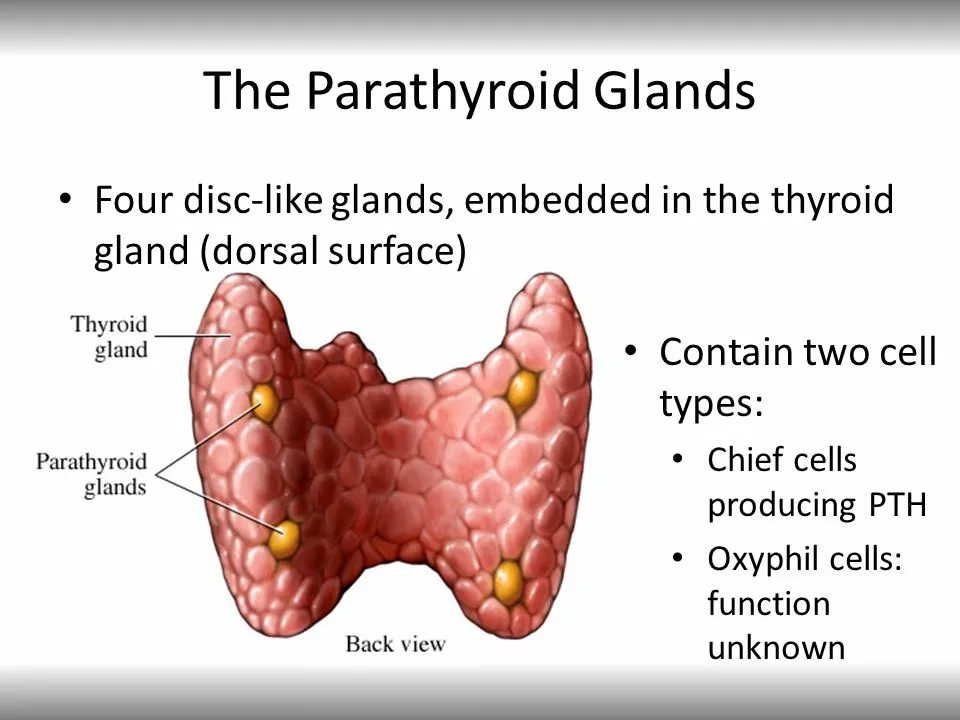Thyroid Function: What It Does and Why It Matters
The thyroid sits at the base of your neck and makes hormones that control how fast your body uses energy. Those hormones—mainly T3 (triiodothyronine) and T4 (thyroxine)—talk to almost every organ, telling them when to speed up or slow down.
Think of the thyroid as a thermostat. When you need more heat, it cranks up hormone production; when things are too hot, it eases off. The pituitary gland in your brain watches blood levels and releases TSH (thyroid‑stimulating hormone) to keep the balance on track.
When the Thyroid Is Too Low: Hypothyroidism
If the thyroid doesn’t make enough hormones, you’ll feel sluggish. Common clues are fatigue, cold hands, dry skin, weight gain and a slow heartbeat. A simple blood test for TSH and free T4 will tell if you’re in this zone.
Most people with hypothyroidism take levothyroxine, a synthetic version of T4. The dose is tweaked until the lab numbers are normal and symptoms lift. Taking it on an empty stomach and waiting 30‑60 minutes before breakfast helps absorption.
When It’s Too High: Hyperthyroidism
Too much thyroid hormone revs your engine up. You might notice rapid heartbeats, heat intolerance, shaky hands, weight loss despite a good appetite, or anxiety. Blood work shows low TSH and high T4/T3.
Treatment options include antithyroid meds like methimazole that block hormone production, radioactive iodine that shrinks the gland, or surgery for severe cases. Your doctor will pick what fits your age, health and how strong the symptoms are.
Beyond medication, a few everyday habits can support thyroid balance. Iodine‑rich foods—such as seaweed, dairy and eggs—help hormone synthesis, but most diets already have enough iodine, so extra supplements aren’t needed unless you’re deficient.
Selenium, found in Brazil nuts and tuna, assists the conversion of T4 into the active T3 form. A handful of nuts a day can make a difference without overdoing it.
Stress management also matters because cortisol (the stress hormone) can interfere with thyroid signaling. Simple moves like brisk walks, short meditation sessions or breathing exercises keep cortisol in check and give your thyroid a smoother ride.
If you suspect a thyroid problem, the first step is a lab test. Most labs measure TSH, free T4 and sometimes free T3. The results guide whether you need medication, lifestyle tweaks or further evaluation.
Remember, thyroid issues are common and usually easy to treat once diagnosed. Keep an eye on your symptoms, ask for the right blood work, and follow up with your healthcare provider to fine‑tune any therapy.
Cholestyramine and Thyroid Function: Understanding the Connection
As a blogger who's been researching the connection between cholestyramine and thyroid function, I've discovered some fascinating information. Cholestyramine is a medication often used to lower cholesterol levels, but it can also impact thyroid hormone levels in the body. This is because cholestyramine can bind to thyroid hormones, making it difficult for the body to absorb them properly. If you're taking this medication, it's essential to monitor your thyroid function and adjust your dosage accordingly. I'll be exploring this topic in more detail in my upcoming blog post, so stay tuned for more insights!






